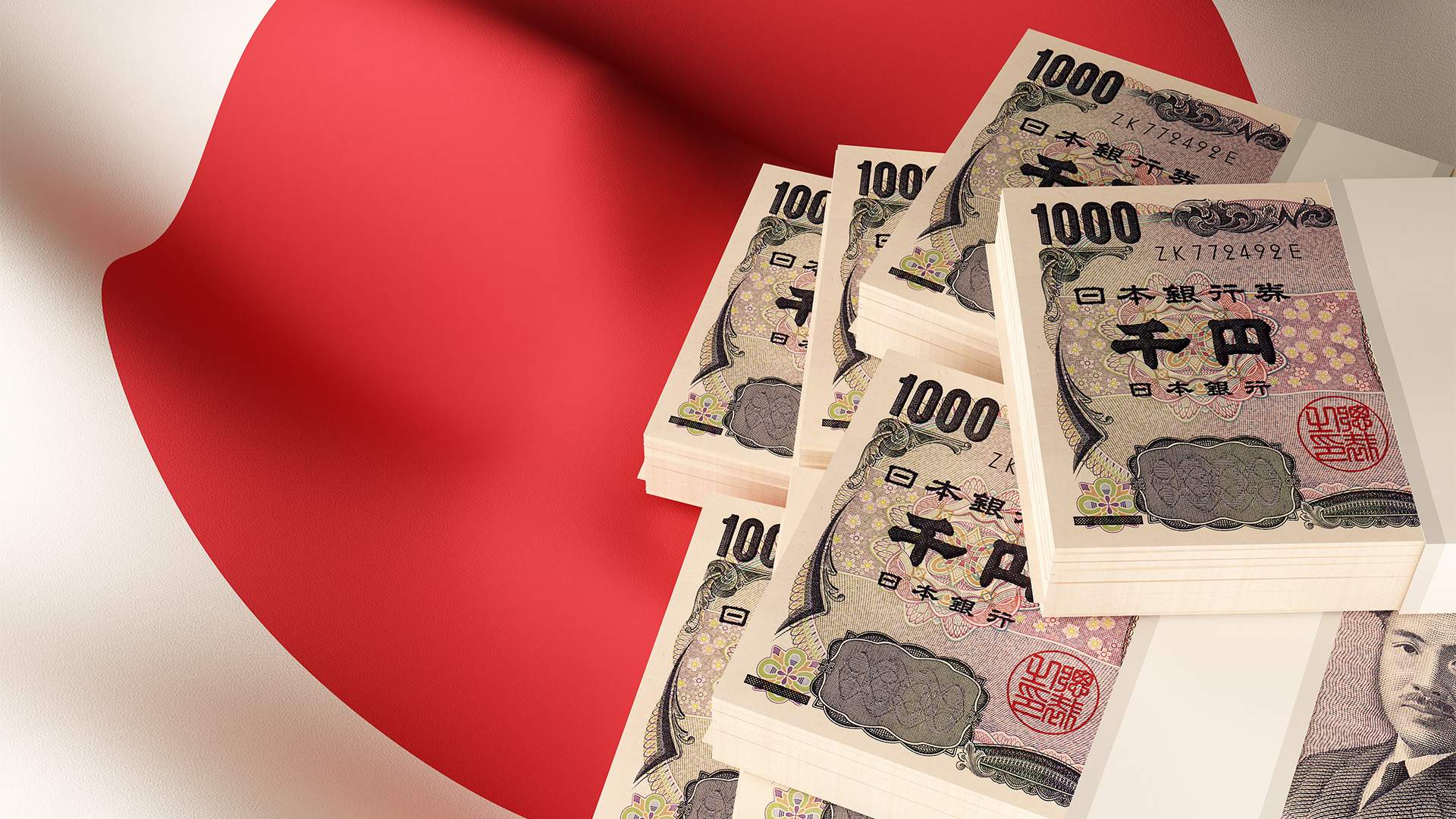The Fed and the European Central Bank have both raised their key rates by 0.25% this week, and on Friday, the Bank of Japan revealed greater flexibility in its yield control policy that could result in market rates rising, but not its key policy rate, which remains at -0.1%.
Japan's central bank pledged on Friday to introduce greater flexibility in its yield curve control policy, while maintaining its ultra-loose interest rate and revising its median consumer inflation forecast upward for the current financial year.
The central bank stated that it will offer to purchase 10-year bonds at 1% every business day through fixed-rate operations, unless no bids are submitted — a move that effectively expands its tolerance by a further 50 basis points.
The bank explained that it will "continue to allow 10-year Japanese Government Bond yields to fluctuate in the range of around plus and minus 0.5 percentage points from the target level."
"It will conduct yield curve control with greater flexibility, regarding the upper and lower bounds of the range as references, not as rigid limits, in its market operations," it added.
Japanese investors interpreted the news of the increased flexibility as a de facto rate rise, causing the key Nikkei index to fall more than 1.5% on Friday. Wall Street futures came under pressure, but it's important to note that this move is relatively small compared to the 0.25% rate rises from the Fed and European Central Bank this week.
While the Bank of Japan raised its median forecast for inflation to 2.5% for fiscal 2023, up from its 1.8% prediction in April, it lowered its inflation median forecast for 2024 to 1.9% from the previous 2%, while retaining its 2025 forecast of 1.6%.
"The sustainable and stable achievement of the price stability target of 2%, accompanied by wage increases, has not yet come into sight, and thus the Bank needs to patiently continue with monetary easing under Quantitative and Qualitative Monetary Easing with Yield Curve Control," the bank said in a statement issued after its July meeting.
BOJ Governor Kazuo Ueda has faced pressure to tighten monetary policy, as inflation has consistently exceeded its 2% target for 15 consecutive months, while wages are finally starting to increase after years of stagnation.
However, the central bank has said that inflation will slow toward the end of this year, a view shared by the Japanese government.
Despite this, the BOJ held its short-term interest rate target at -0.1% after a two-day meeting, but it is now considered an anchor point rather than a hard and fast target.














